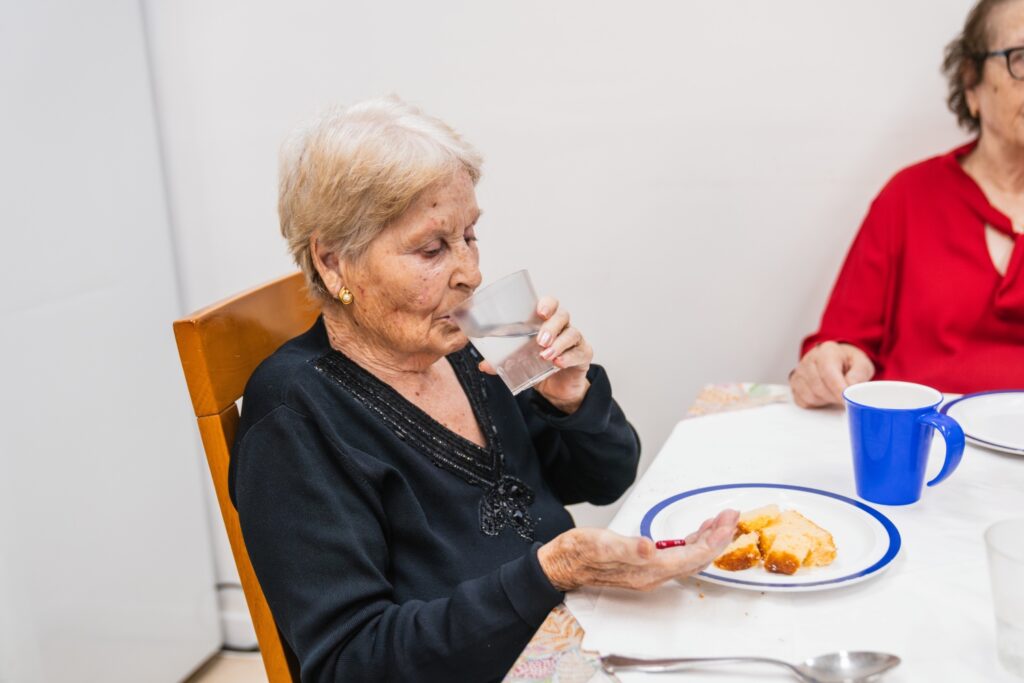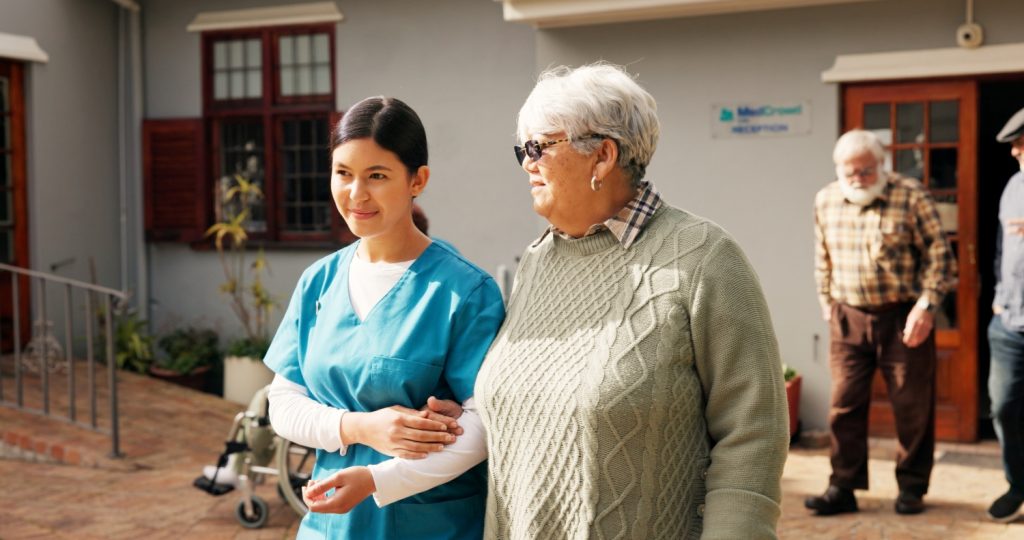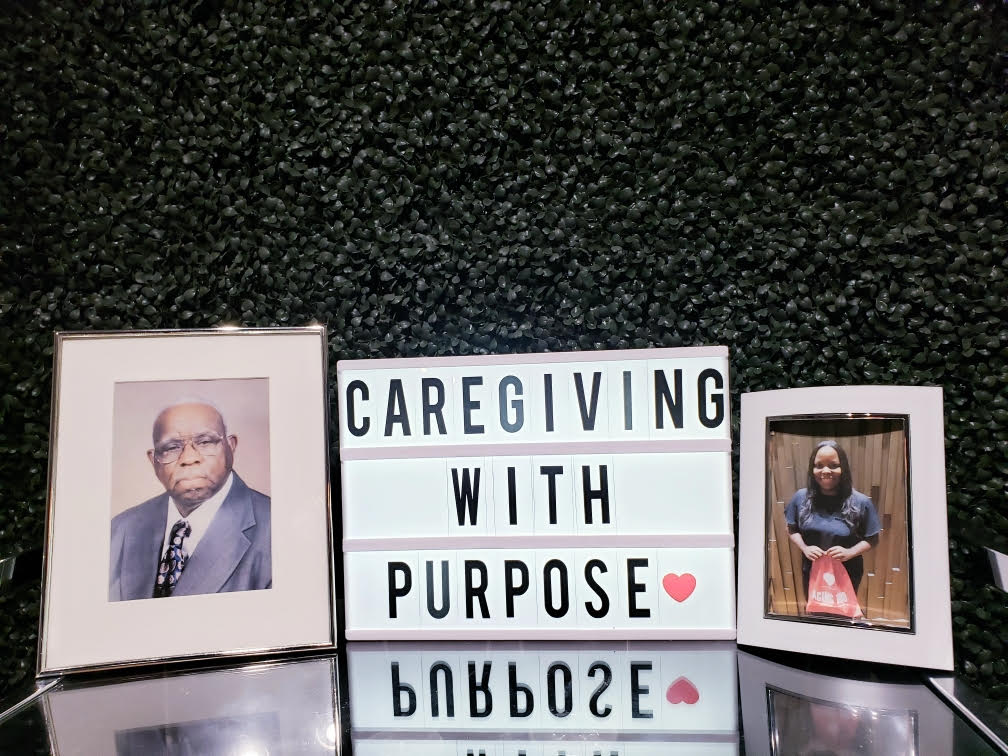Nearly all older adults have an account at a bank or credit union, or both. They may have their Social Security or other retirement benefits or income sources deposited into that account. They likely use it to pay for essentials such as housing, utilities, food, and medical care. A bank or credit union account lets people safely and easily deposit income, pay bills, and make everyday purchases.
While nearly all older adults have such accounts, there is no singular way to define older adults’ banking needs because their needs are as diverse as they are. Older adults who live in rural areas may be miles away from the closest bank or credit union branch. Older adults who live in urban areas may face transportation challenges getting to their local financial services provider.
While many older people are comfortable with technology and using the internet, others may not be. This may be due to personal preference, or lack of access to broadband internet and the devices required for online and mobile app banking.
Even if a banking solution works for an individual now, financial needs change over time. Some people experience cognitive or physical changes as they age, which may impair their ability to visit their financial institution and manage their finances independently. Diminished financial capacity is a term used to describe a decline in a person’s ability to manage money and financial assets to serve their best interests, including the inability to understand the consequences of investment decisions.
‘If an emergency happens, the customer already has identified someone they want their bank or credit union to contact to help.’
To help broaden our understanding of older adults’ financial services preferences, CFPB’s Office for Older Americans recently interviewed a few older adults in their 60s, 70s and 80s about their banking needs. The small number of older adults we spoke to all felt confident that they could manage their finances independently but weren’t sure if they might need help in the future.
Some banks and credit unions offer special accounts or features that specifically benefit older customers or members. Most of these age-friendly banking products or services also are a way to prevent fraud, scams and elder financial exploitation, which can be devastating financially and emotionally.
Trusted Contact Challenges and Solutions
One promising age-friendly banking service that can go a long way in preventing elder financial exploitation involves choosing a trusted contact. A trusted contact is someone bank or credit union staff can call if they suspect that an account holder is experiencing fraud, a health crisis or another emergency that affects their financial affairs. A trusted contact does not have access to the account holder’s money or financial information. They are notified only if the financial institution has concerns about the account holder’s financial safety, so that the trusted contact can step in and help resolve the situation. A trusted contact could be called an emergency financial contact, similar to an emergency medical contact.
When we asked those older adults in interviews how they felt about this practice, all were in favor. However, none said they would take advantage of this feature at present because they didn’t feel they needed any help yet—the key word being yet.
The main benefit of choosing a trusted contact is that if an emergency happens, the customer already has identified someone they want their bank or credit union to contact to help. So why might older adults not feel the need to designate someone who could help them in the future? The reason could be concerns about losing financial independence or the stigma of needing help as one grows older.
One suggestion for bank and credit union staff and other financial professionals is to offer the trusted contact feature to all account holders, not just older adults. Anyone can experience fraud and other issues, so making this feature available to all helps take away the stigma for older adults.
How can aging service providers help clients get past that hurdle and plan for the future? By asking clients if they have a plan for who would help them with their finances, or by asking them if they’ve heard of the trusted contact feature. To guide conversations with clients, download and share or order free copies of CFPB’s consumer advisory on trusted contacts.
CFPB’s Office for Older Americans is eager to learn more and destigmatize planning ahead for financial challenges together with aging service providers, the aging services sector and older adults. Please contact us at olderamericans@cfpb.gov to share stories, recommendations, and more about age-friendly banking. And if an older adult encounters a problem with a financial product or service, they can submit a complaint to the CFPB and include their age. Our office analyzes complaint trends so we can learn more about the issues facing older adults.
Deborah Royster is assistant director in the Office for Older Americans at the Consumer Financial Protection Bureau in Washington, DC.
For more content on remaining economically secure, watch for the July-August issue of Generations Today on July 20.













